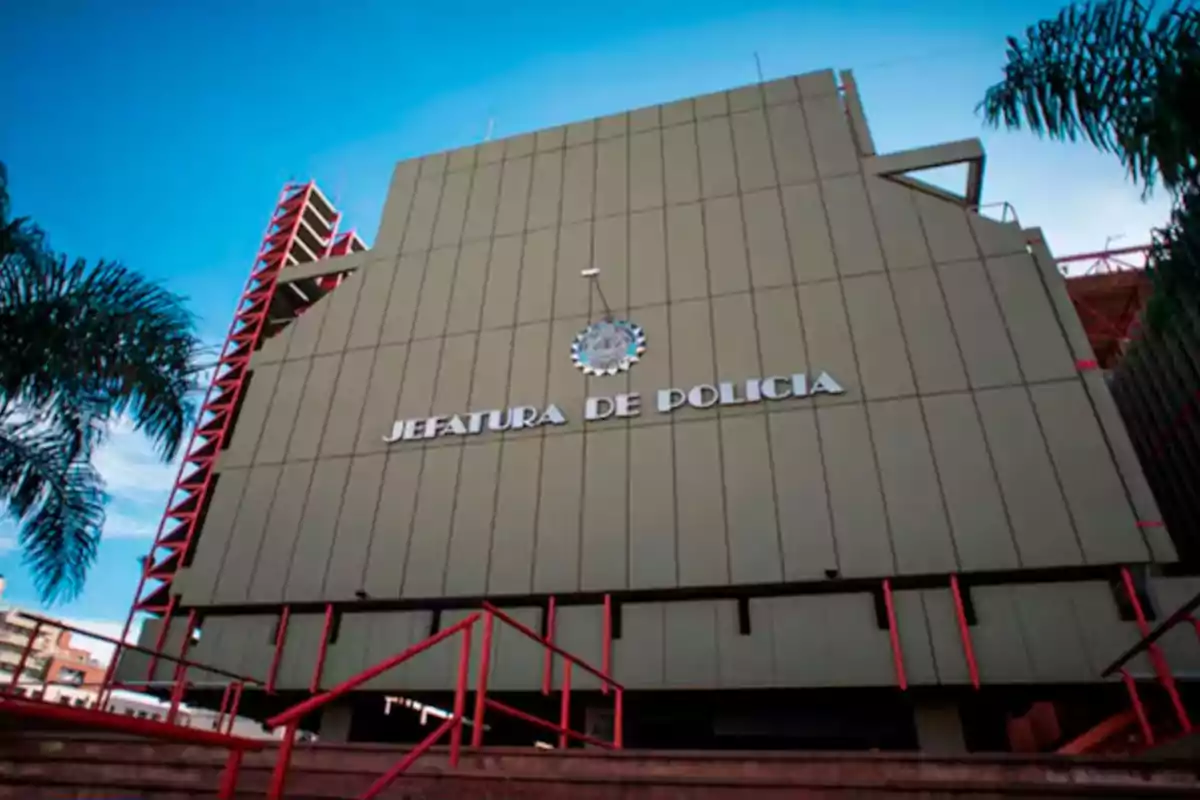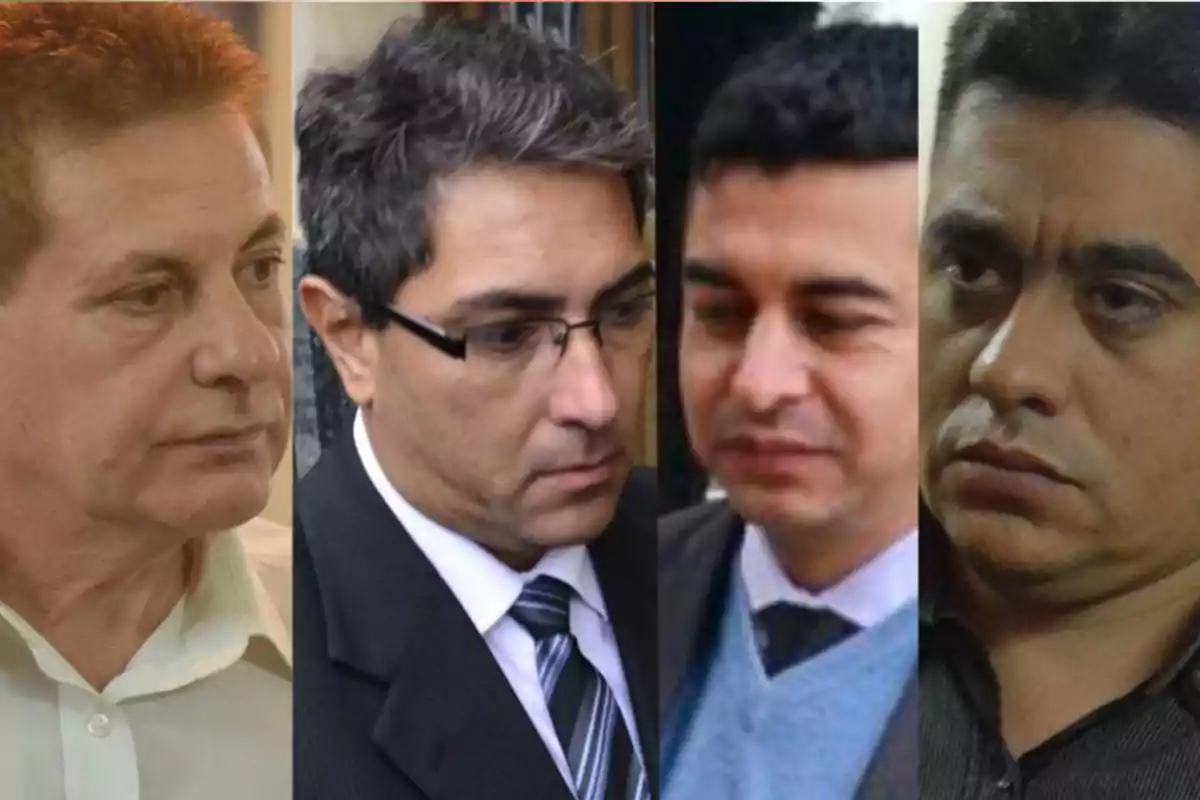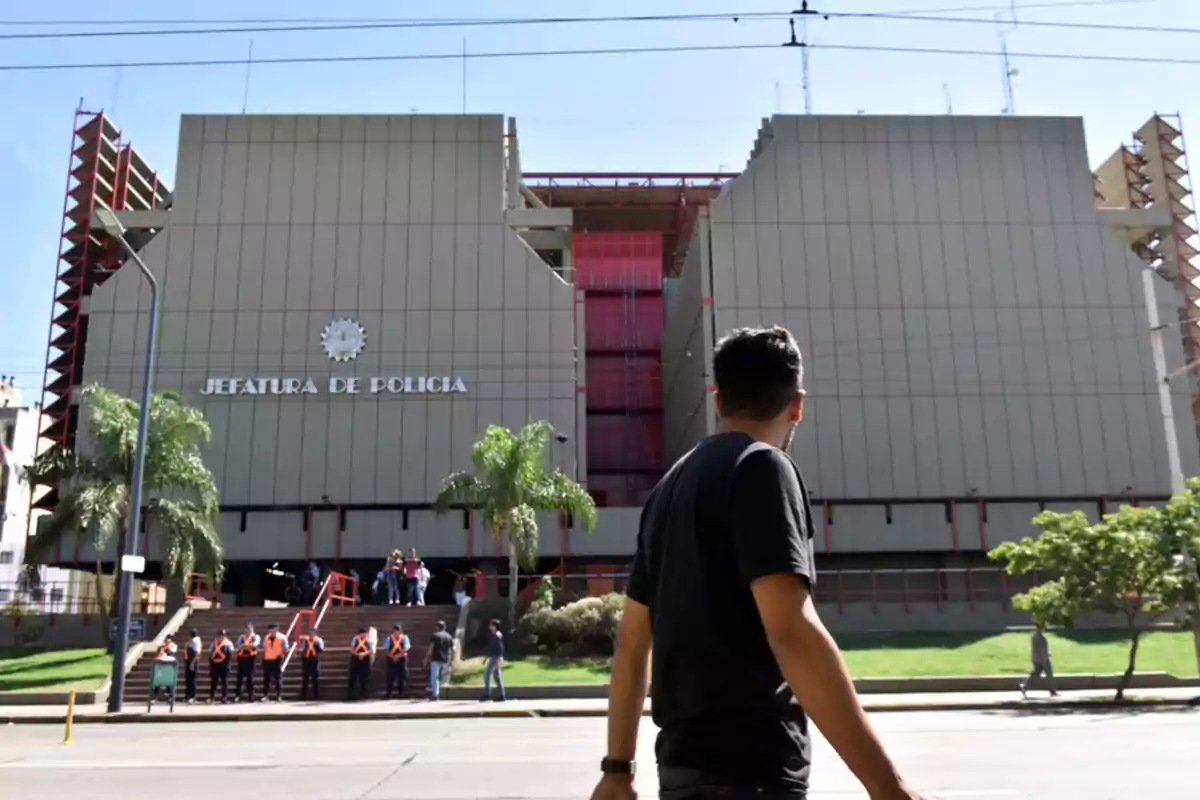
Cassation upholds sentences for former members of the Córdoba Police over drug scandal
The Federal Court of Cassation upheld the convictions for illicit association against the former members of the Córdoba Police
The case of the narco-scandal in Córdoba had a new judicial chapter on July 28: the Federal Chamber of Criminal Cassation upheld the convictions against several former police officers. Among those convicted is Rafael Sosa, former head of the Directorate for the Fight against Drug Trafficking. Sosa and other members of the force were sentenced for illicit association after a process that began in 2013.
The ruling confirms that those involved formed a "gang of repeat offenders" operating within the Córdoba Police. At the time, the case broke when the illegal actions of the "undercover agent" Juan Viarnes were discovered. The use of this agent provocateur, without proper judicial authorization, exposed internal corruption and the connection between police officers and drug traffickers.
Although in 2016 the Federal Oral Court No. 2 of Córdoba acquitted those involved, the Public Prosecutor's Office appealed the decision. In 2019, Criminal Cassation ruled against the former police officers, confirming their participation in the criminal organization. Despite the defendants' attempts to overturn the convictions, the Supreme Court rejected their appeals, leaving the sentence for illicit association in force.

A case that exposed corruption within the Córdoba Police
The conviction affects not only Sosa, but also other former police officers who played key roles in the gang. The defendants, including Gustavo "Huevo" González and Alfredo Damián Seine, were responsible for several serious crimes. These included evidence tampering, extortion of those under investigation, and the theft of drugs during raids, which were later "planted" on suspects.
Additionally, investigations revealed that the former police officers manipulated reports and illegal wiretap records. They used their positions in the force to protect their illicit activities and facilitate the operation of drug traffickers. The case of Viarnes, who acted as an infiltrator, was one of the most critical points, since he was allowed to participate in illegal operations without judicial supervision.
The ruling confirms what was proven in lower courts: Sosa, as chief, used the Córdoba Police to operate as part of a criminal gang. The appellate judges also noted that the involvement of the other defendants was crucial in allowing the gang to operate for several years without being detected.

The final conviction and the repercussions of the judicial ruling
In the new Cassation ruling, the sentences were confirmed for Sosa, Seine, Peralta Dáttoli, and Argüello. The court upheld their convictions for illicit association, violation of public official duties, and extortion. The highest sentence was for Sosa, who received a nine-year prison sentence.
The ruling also reduced the sentence of Lourdes Milagros González, who had originally been sentenced to four years. Her sentence was reduced to three years on probation due to her behavior since the beginning of the trial and her lack of a criminal record. However, the appellate judges rejected the arguments of the former police officers, confirming that the evidence against them was sufficient to uphold the convictions.
The final ruling shows that corruption in the Córdoba Police allowed drug trafficking to operate with impunity. This judicial decision is a reminder of the seriousness of criminal infiltration in the institutions responsible for ensuring public safety.
More posts: